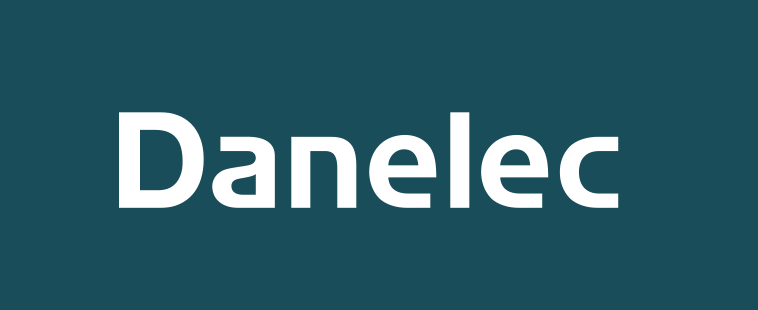Copenhagen-based Danelec, a technology provider specializing in maritime safety and sustainability, and a global leader in ship data management solutions that drive efficiency and safety at sea, has highlighted record growth in its just published 2022/23 annual report, with topline up from 168M DKK last year, to 298M DKK.
The fast-growing Danish scale-up company’s CEO Casper Jensen points to rapid market developments as a defining factor behind the financial results in the report, which showcases growth in both revenue and bottom line.
“We are coming out of a financial year characterized by new regulations that have been driving a significant increase in demand for some of our key offerings,” he said. “Our market leading Voyage Data Recorder has exceeded expectations, and our organization has taken up the challenge to deliver as regulatory developments boost orders across the board. We are proud of our latest financial results. However, we see it as a testament to our agility and commitment to deliver rather than an indication of our future growth.”
New international maritime regulations designed to reduce greenhouse gas (GHG) emissions have been a positive influence for Danelec. Effective January 1, 2023, ships are mandated to calculate their "Attained Energy Efficiency Existing Ship Index" (EEXI) and report their environmental impact through the "carbon intensity indicator (CII) and CII rating". In December 2021, Danelec bolstered its standing in EEXI and CII by acquiring Kyma AS, a Norwegian digital ship performance monitoring specialist. The acquisition enhances Danelec's software, enabling automated and digitalized data collection, which is crucial for accurate and efficient emissions reporting as part of the EEXI and CII rules.
 Danelec will continue to deliver solutions at the forefront of shipping’s wider response to climate change. The industry carries more than 90% of world trade and produces 3% of global GHG emissions. To reduce the impact, early this summer, the International Maritime Organization (IMO) agreed to an updated, industry-wide strategy to pave the way for net-zero shipping by 2050, with checkpoints of 20-30% by 2030 and 70% by 2040. While shipping’s decarbonization will be strengthened by Liquified Natural Gas (LNG) and future fuels like ammonia, and methanol (the leading global shipping company Maersk unveiled the world’s first methanol-fuel engine powered ship in October), Jensen is confident in the role that data and digitalization will play within shipping’s green transition.
Danelec will continue to deliver solutions at the forefront of shipping’s wider response to climate change. The industry carries more than 90% of world trade and produces 3% of global GHG emissions. To reduce the impact, early this summer, the International Maritime Organization (IMO) agreed to an updated, industry-wide strategy to pave the way for net-zero shipping by 2050, with checkpoints of 20-30% by 2030 and 70% by 2040. While shipping’s decarbonization will be strengthened by Liquified Natural Gas (LNG) and future fuels like ammonia, and methanol (the leading global shipping company Maersk unveiled the world’s first methanol-fuel engine powered ship in October), Jensen is confident in the role that data and digitalization will play within shipping’s green transition.
“Carbon-free fuels are essential to bring the industry to net zero, but the average global fleet is almost 22 years old, so it’s clear that we can’t just wait for ship owners to renew their fleets. If we are to reach 20-30% GHG reductions by 2030, different measures need to be considered and at Danelec, we firmly believe that digitalization holds the key to confronting the challenges of sustainability, productivity, and transparency, and further enhancing safety at sea. The outlook is positive as maritime digitalization is gaining traction, with 70% of ship owners exploring new digital solutions. Yet, the industry still widely relies on data from noon reports, which are notorious for their varying quality.”
Usually prepared by a chief engineer every day, noon reports provide a daily status to assess the performance of a ship based on e.g., its position, speed, and the prevailing weather conditions. While established as a standardized reporting process, a new, more automated reporting method is needed if ship owners and managers are to fully leverage the value of vessel and fleet data for reducing fuel consumption and GHG emissions.
“While noon reports hold an important role for ship owners to optimize and document ship performance, it’s critical that dependable digital and physical infrastructure is available to automate the collection and sharing of diverse sensor-based data in order to improve operational efficiency and reduce emissions. Danelec’s advanced data capturing capabilities offer seamless retrieval of real-time data directly from its source, providing a comprehensive big picture and granular view that gives crew onboard and managers ashore the insight they need to operate vessels more sustainably. We call it high frequency, high quality data (HFHQ), and it is enabling completely new ways of operating fleets at a global scale,” said Jensen.
The full Danelec 2022/23 Annual Report can be accessed here.


